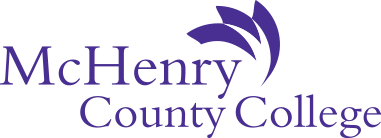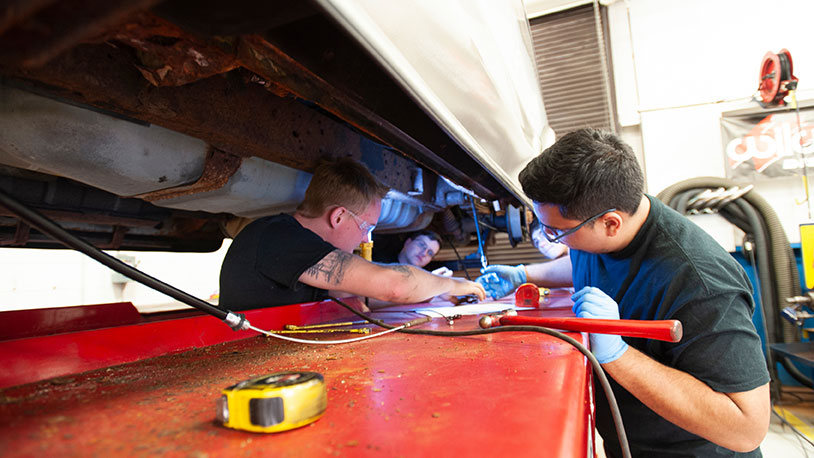Advanced Automotive Technician Certificate
Earn your Advanced Automotive Technician Certificate as you expand on the skills you gained in your Automotive Maintenance Technician Certificate. Learn about automatic transmissions, stick shift transmissions, computers and sensors, and advanced diagnostics. Gain real-world experience through your automotive internship while applying the courses from your Advanced Automotive Technician Certificate toward your Automotive Technology AAS.
Contact (815) 479-7521 with specific questions about this program.
(in-district) Total Amount: $8,261.75
Credit Hours to Complete: 47
Weeks to Complete: 64
-
COURSE LIST
Course Ids:

